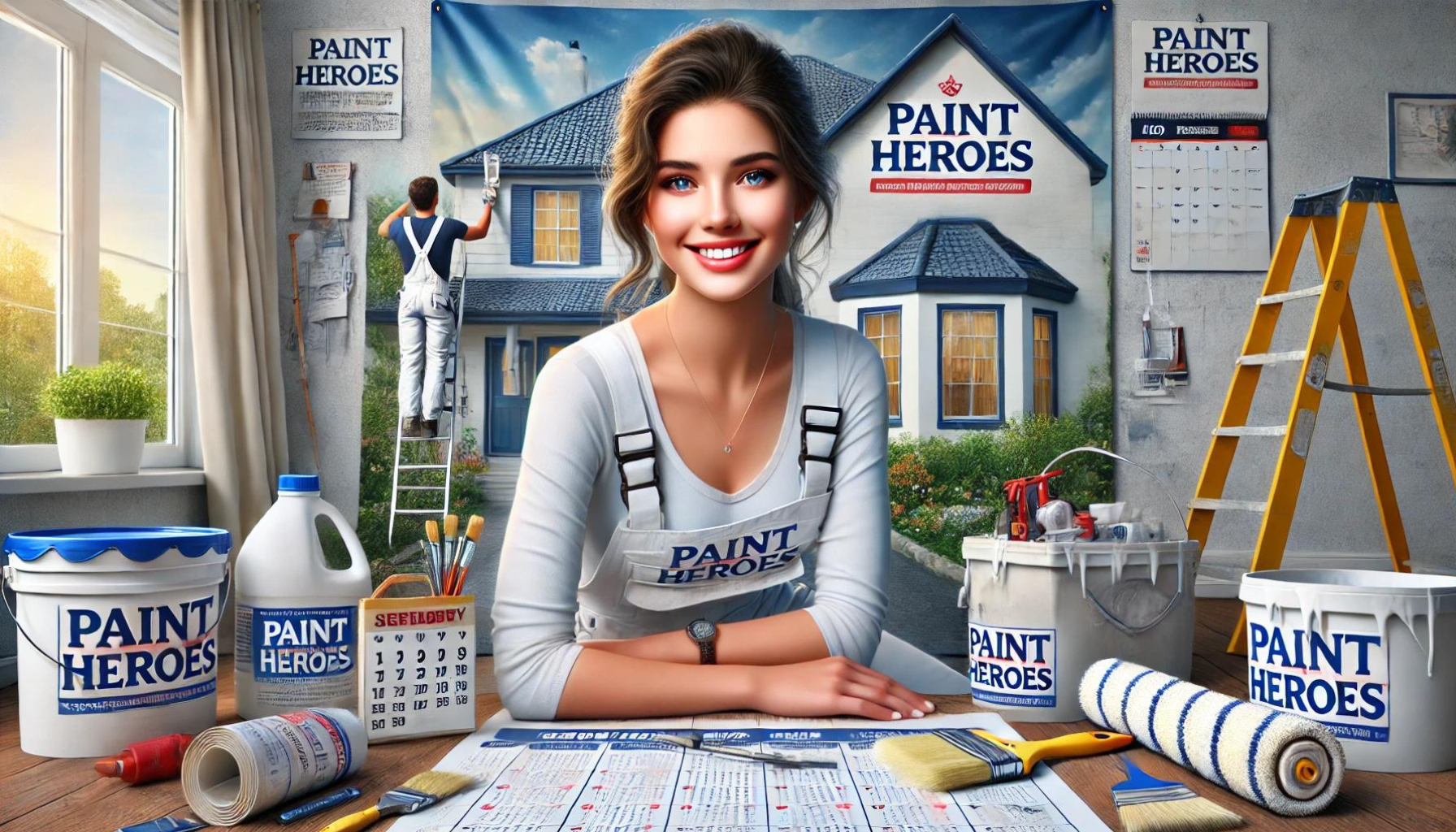How Many Years Does It Take To Become A Good Painter
The Journey to Becoming A Skilled Painter And How Long Does It Typically Take?
Exploring The Path To Artistic Mastery In Painting
What Influences the Duration of Learning to Paint?
As someone deeply immersed in the art of painting, I've often reflected on how long it took me to feel confident in my skills. For anyone curious about diving into this artistic endeavor, understanding the timeline can be both motivating and enlightening.
Commitment and Consistent Practice: The Cornerstones
The heart of becoming proficient in painting lies in commitment and consistent practice. There is no magical number of years that guarantees mastery. Instead, it is the quality and regularity of practice that determine your progress. For many, including myself, this meant daily engagement with my tools and techniques, often extending over several years.
From the outset, I set goals for my artistic growth, which included mastering various techniques and understanding the nuances of different mediums. This structured approach helped me see improvement year after year, but it was my daily commitment to painting that was truly transformative.
Learning Environments and Resources
Another critical aspect of the learning process is the environment in which you grow. Engaging with Local painting companies can provide valuable resources and community support. These companies often offer workshops, classes, and opportunities to work alongside more experienced painters, accelerating your learning curve.
I personally benefited from such resources, finding that the guidance of seasoned artists and the camaraderie among peers were instrumental in overcoming challenges and refining my technique.
Personal Growth and Artistic Development
Each painter's journey is intensely personal. Some may find their stride quickly, developing a distinct style and confidence within just a few years. Others, like myself, might take longer to explore various artistic expressions before settling into a comfortable rhythm.
The timeline can also vary based on the genre of painting you pursue. For instance, abstract painting might require a different approach and timeframe compared to traditional landscape painting.
Embrace the Journey
Ultimately, the path to becoming a good painter is as unique as the individual pursuing it. It is a blend of personal exploration, rigorous practice, and continual learning. Whether it takes five years or fifteen, the journey is filled with personal achievements and discoveries that make the process worthwhile.
In essence, there's no definitive answer to how long it takes to become a skilled painter. It's a lifelong journey of learning and passion, where each brushstroke enhances your skill and deepens your artistic voice. Embrace this journey with patience and enthusiasm, and the rewards will unfold in the most unexpected and fulfilling ways.
How Many Years Does It Take To Become A Good Painter?
Embarking O The Journey To Mastering The Art Of Painting
Understanding the Time Commitment
When I first picked up a paintbrush, a question naturally emerged: how long does it take to become proficient in painting? This is a question many aspiring painters ponder, and the answer isn't as straightforward as one might hope. Becoming a good painter is a journey that varies greatly from one individual to another, influenced by passion, dedication, and the style of painting one chooses to pursue.
The Role of Passion and Practice
From my experience, passion is the initial spark. It fuels the long hours of practice necessary to refine your skills. While some might suggest that a few years of dedicated practice can make you a competent painter, I've found that the learning never truly ends. Artistic development is continuous, and each painting teaches you something new about yourself and your technique.
Practice is crucial. Consistent, deliberate practice is what separates hobbyists from true artists. It's about more than just putting paint on canvas; it's about understanding color theory, mastering light and shadow, and learning how to convey emotions and stories through visual media. This practice can take years, but the reward of creating something beautiful is immeasurable.
Learning from Others
No artist is an island. Learning from others—whether through formal education, workshops, or casual interactions with fellow artists—can dramatically decrease the learning curve. In my early years, attending workshops and seeking critiques played a pivotal role in my development. These interactions not only honed my technical abilities but also expanded my creative thinking.
The Journey is Unique
Each painter's journey is unique. Some may find their voice in a few short years, while others might take decades to fully express their artistic visions. The journey to becoming a good painter isn't marked by a definitive timeline but by personal milestones and breakthroughs.
In conclusion, the time it takes to become a good painter can vary widely. A combination of passion, dedication, practice, and learning from others shapes this artistic journey. If you're considering this path, embrace the journey with an open heart and an eager mind, and you'll discover that becoming a good painter is not just about mastering a skill but also about growing as a person.


